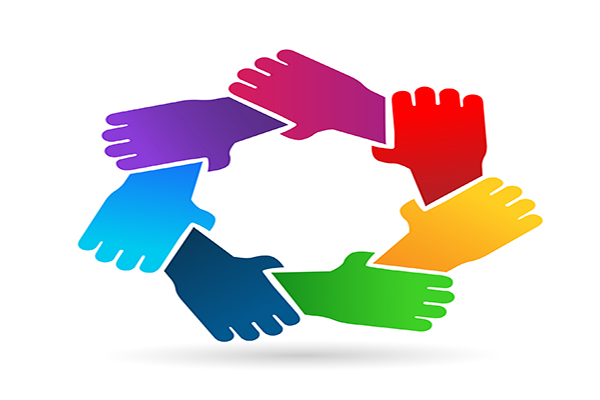December 17, 2018
National Hate Crime Awareness Week takes place every year in October. This year, at the beginning of National Hate Crime Awareness week, it was reported that disability hate crimes have increased by a third in the last year.
This is a very shocking figure and hate crime is a really important issue for people with learning disabilities, so we thought we would explain some of the issues involved and how they can affect people with learning disabilities.
Hate crime is when someone targets you because of who you are.
This could be because of your race, religion, sexual orientation, disability or transgender identity.
Abuse can be in person or online and can include threats, intimidation, damage to property, or physical attacks such as hitting, spitting, pushing or kicking.

















